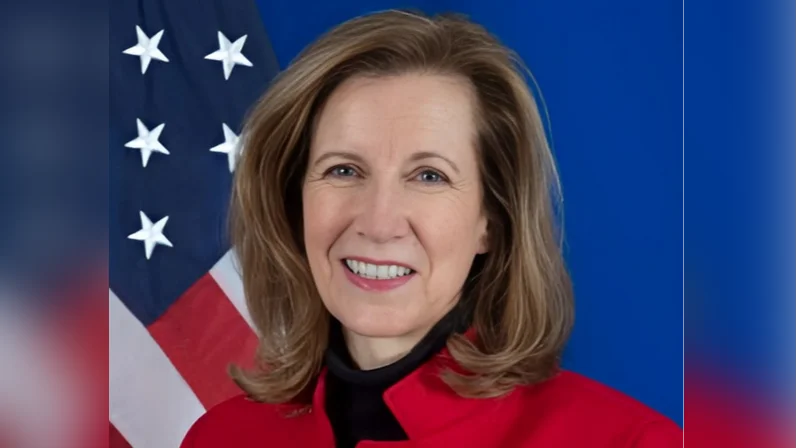The United States has expressed its firm stance at the 58th Plenary Meeting of the General Assembly regarding the International Day of Peaceful Coexistence, hosted by Bahrain. In a statement, the U.S. emphasized its support for global peace efforts and diplomatic solutions to international crises.
A spokesperson stated, “The United States strongly supports efforts to sustain peace and pursue diplomatic solutions to crises in the world." They further reiterated America's commitment to individual rights such as freedoms of expression, association, peaceful assembly, and religion or belief. These rights are deemed essential for America’s security and promoting tolerance worldwide.
However, concerns were raised about a resolution linked to Agenda 2030 and the Sustainable Development Goals (SDGs). The U.S. decided to call a vote on this resolution due to apprehensions that it could lead to "soft global governance" which might conflict with U.S. sovereignty and affect American interests negatively.
In reference to domestic politics, it was mentioned that recent elections indicated a clear mandate from Americans for their government to prioritize national interests. This perspective aligns with President Trump's policies regarding gender and climate issues prevalent within the SDGs.
The statement continued by denouncing Agenda 2030: "Put simply, globalist endeavors like Agenda 2030 and the SDGs lost at the ballot box. Therefore, the United States rejects and denounces the 2030 Agenda for Sustainable Development and the Sustainable Development Goals."
Furthermore, there is concern that terms like ‘peaceful coexistence’ might imply UN endorsement of China's Five Principles of Peaceful Coexistence without proper member state negotiations. Such implications could threaten UN independence and bypass critical processes.
Similarly, references were made about ‘dialogue among civilizations’ being potentially used by China under President Xi Jinping's Global Civilization Initiative. The U.S. believes this initiative seeks to deflect criticism of China’s governance by altering definitions established in foundational texts like the UN Charter.

